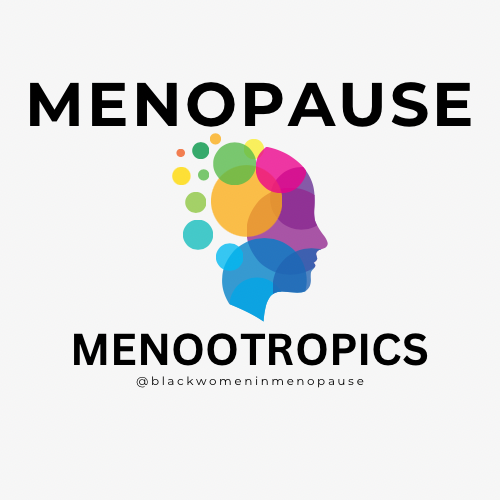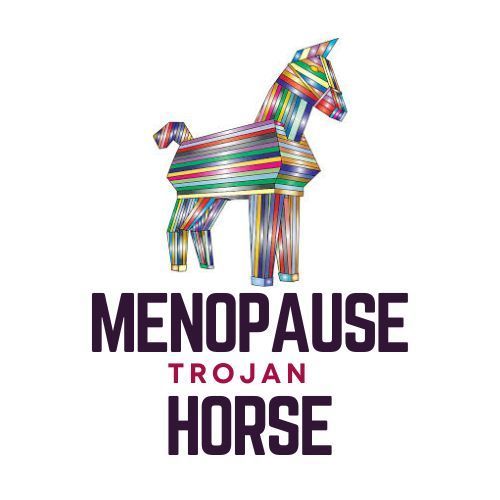Menopause and Bread Making
Menopause Bakery

Menopause and Bread Making
Before you think I’ve lost my meno marbles which is possible - let’s think about the ingredients of yeast bread. To make a loaf of bread you need four ‘basic’ ingredients. These are:
- Flour
- Yeast
- Salt
- Water
These are the main ingredients to ensure that the bread will be bread. Before some of you annoying finicky people jump on, this is an analogy, not a baking session.
So we have the basics needed for a nice loaf of bread. Anything else that you add to the recipe is either to add flavour, nutrition, texture and/or colour. How does this even relate to menopause? The basics for menopause management is similar to that of the ‘basic’ ingredients needed for bread. The menopause management bread ‘basics’ are:
- Diet (Hydration included)
- Activity
- Sleep
- Stress management
Anything else that you add to your menopause recipe may benefit you or not. Some of you may even be non responders to the additional ingredients that you see flying around in the meno meta-verse. There’s an array of additional ingredients out there that many people think bypassing the ‘basics’ and using these will enhance their bread making. It is a bakery overload, as there is so much misinformation. It’s no wonder some of the loaves will be, overcooked, undercooked or tasteless.
Bread making aside noooo I ‘loaf’ this - giggle. Sometimes we need to rethink the whys over the whats and hows, and recalibrate the ‘basic, ingredients before even thinking about the ‘additional’ ingredients. Think of your body physically, mentally, emotionally and spiritually, as the oven. As the oven gets more wear and tear it ages, think about how you’ve treated it. As in time you’ll need a new oven. Unfortunately we can’t go out and buy a new body so take a little time to care for your #perimenopause and #menopause bread maker.
Menopause management is like making a loaf of bread, because it has several ingredients that all need to come together, all according to the right recipe. Though the quantity of ingredients can be altered based on preference(s). If you go wild on either the quantities or miss a vital ingredient out all together, then the final loaf will be unpalatable.
Perfecting this menopause mix is a big task and ask, so remember take this one bite at a time.







